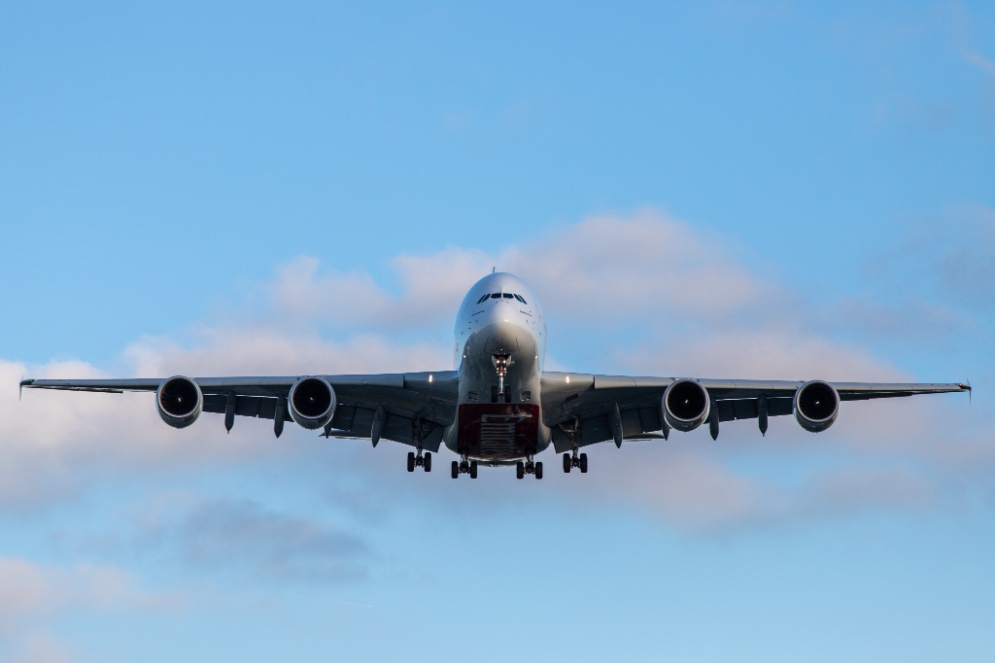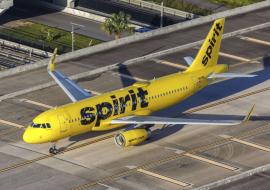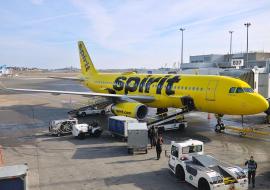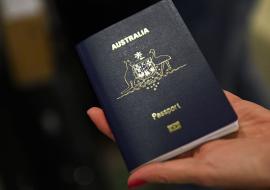ALTA Warns about Levying New Taxes on Air Travel

Given the creation of a new tax on air travel in Argentina, ALTA issued a statement warning about the impact that this type of decision can have.
The demand of air passengers, especially tourism (which today represents more than 80% of travelers in the region), is highly elastic. This means that any variation in the rate to be paid is quickly and directly reflected in the number of passengers. Therefore, what may seem like a few additional pesos in the final rate paid by users tips the balance so that they change the safest and most efficient means of transport for alternatives on land or simply decide on another destination where the ticket Air is cheaper.
“The air ticket rate is the great gateway to the countries. Thinking systemically, it all starts with the search for the tickets. If the cost is high or higher than other destinations, the passenger could decide not to travel or choose another place. Is a reality. For this reason, despite the efforts that operators in the region have been making for years to make their operating costs more efficient in order to transfer these efficiencies to users, we see a complex reality that is the multiple taxes, rates and fees that make the rate more expensive. end that passengers see and must assume”, comments Jose Ricardo Botelho, executive director & CEO of ALTA.
Argentina is the country that taxes air activity the most in the region, making the air ticket rate that the traveler must pay substantially more expensive, sometimes even doubling the base rate that covers the air operation. A ticket issued in Argentina in pesos has a total of 7 fees and taxes, namely: airport use fee (USD 57), immigration and customs fee (USD 10), security fee (USD 8), tax on earnings (45%), country tax (30%), income tax withholding (5%) and the national tourism directorate tax (7%) + 25% Qatar dollar and now PSA Tax, which converts to Argentina in the country with the highest tax burdens for the passenger.
At the same time, Argentina is a country with more than 22.4 million annual passengers (pre-pandemic), which generate 329 thousand direct jobs in the country and 2.1% of GDP.
In Latin America and the Caribbean we have countries that have reduced taxes on air transport and immediately the number of passengers begins to increase substantially, attracting more tourists, events and businesses that generate consumption in the country: hotels, transportation, meals, entertainment, services, and a long etcetera that generate jobs and income for the population and for the country.
Raising the final rate of the ticket increases the barriers to entry into the country, the possibility of the population moving in the safest and most efficient means within its borders, reduces competitiveness compared to other destinations that share the vision of facilitating entry for travelers because they are convinced that, with more passengers, more dynamism to the local economy. As we know, aviation has long ceased to be a luxury to be an essential service. The most inclusive means of transport in society and a fundamental means in Latin America and the Caribbean.
Economic logic shows that the less this sector is taxed, the more growth possibilities it has and the more development it generates in the country, because there are more people flying, more infrastructure development, more jobs and more social welfare.
This new tax further aggravates the country's reduced competitiveness in attracting travelers who enjoy the rich culture, natural beauty and business environment. It is an extensive value chain that misses great opportunities to generate socioeconomic well-being for the population.
“There are good practices and concrete examples that demonstrate how a balanced and efficient taxation attracts international and national travelers, activates multiple industries and generates more income for the State and the population. It is important to emphasize that aviation is one of the most aggravated industries worldwide and in Argentina it is even more so”, adds Botelho.
The immense socioeconomic value activated by aviation does not only come from the international traveler and the tourist. The citizen who wants to visit family and friends, the merchant who needs to travel to other provinces to generate business that supports his family, the person who needs urgent medical attention are some examples of domestic or cabotage travelers who require the essential service provided by the aviation, especially in continental countries such as Argentina. Putting more costs is putting more barriers to an essential service.
Aviation has demonstrated a critical role in transporting essential goods, which are largely carried in the bellies of passenger-carrying planes. A reduction in the number of flights, operators and routes would have an impact on supply chains, especially for perishable and essential goods such as medicines, vaccines, food, among others.














